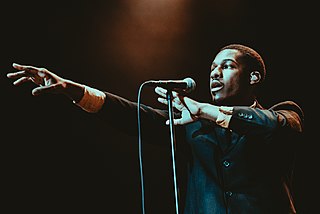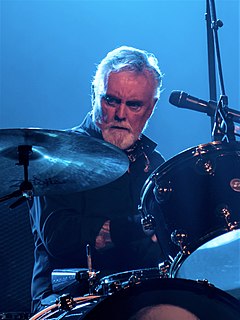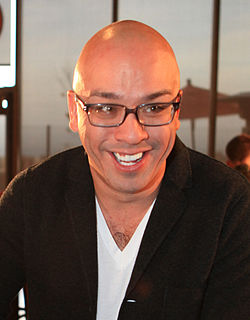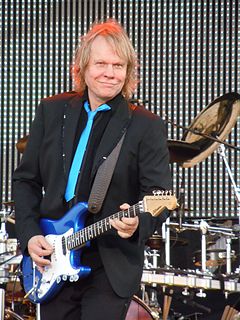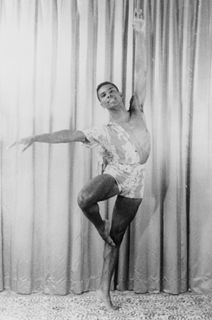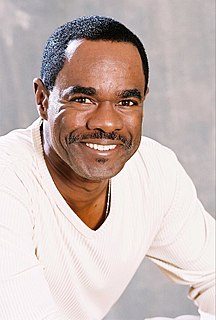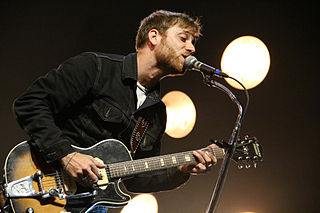A Quote by Leon Bridges
From the core, I'm a shy person, but when I'm on stage, I know how to put it aside. Of course, I'm not perfect, but I've definitely grown as far as being comfortable on stage.
Related Quotes
No matter where you are - whether you just won the lottery, or met the person of your dreams, or you're on stage and people are being supportive - whatever it is, you're still you. And whatever work you've done to be comfortable with yourself, you know, you're not really going to advance beyond that point unless you put in that work. There's no magic fix.
Do you know what it took for Balanchine to put me, a black man, on stage with a white woman? This was 1957, before civil rights. He showed me how to take her [holding her delicately by the wrist]. He said, ‘put your hand on top.’ The skin colors were part of the choreography. He saw what was going to happen in the world and put it on stage.
I can feel how an audience is reacting when I'm on a stage, but when you are on stage, your perception is distorted. That's something you just have to know. It's like pilots that fly at high Gs and they lose, sometimes, consciousness and hand/eye coordination and they just have to know that that's going to happen. They have to be trained to not try to do too much while they are doing that. So when you are on stage, you have to be aware that you are wrong about how it feels a lot of times.
Where I teach students in drama school, there's a course called Dramatics. In this course, all students must put on a play. However, acting majors are not supposed to act. They can write the play, for example, and the writers may work on stage art. Likewise, stage art majors may become actors, and in this way you put on a show.
Normally classical music is set up so you have professionals on a stage and a bunch of audience - it's us versus them. You spend your entire time as an audience member looking at the back of the conductor so you're already aware of a certain kind of hierarchy when you are there: there are people who can do it, who are on stage, and you aren't on stage so you can't do it. There's also a conductor who is telling the people who are onstage exactly what to do and when to do it and so you know that person is more important than the people on stage.
